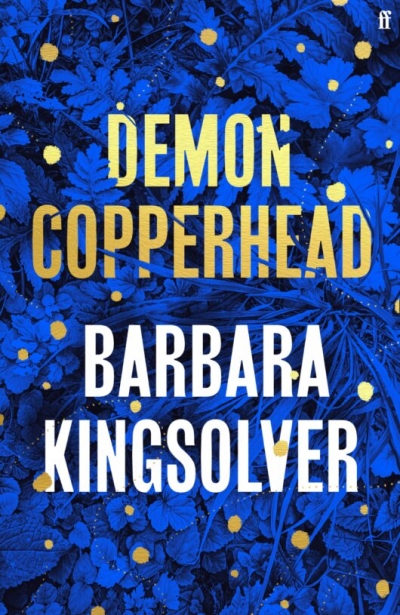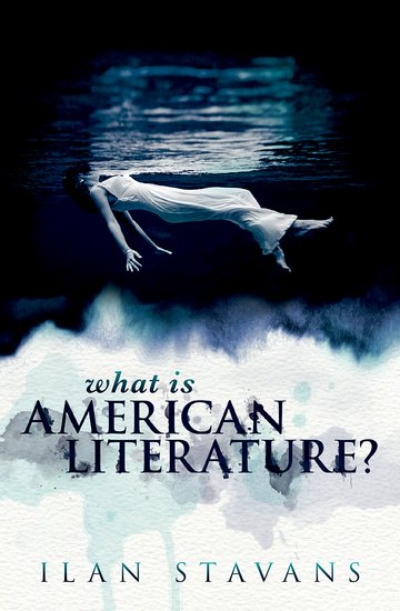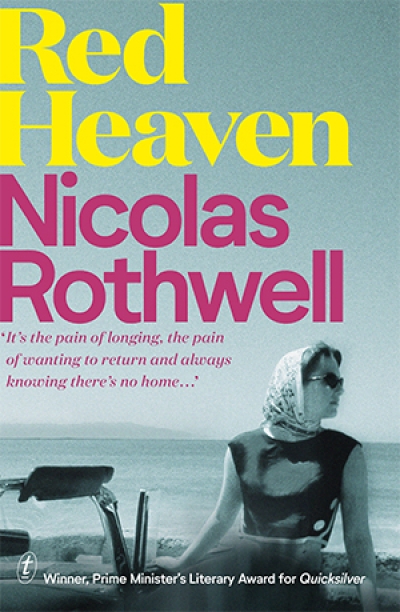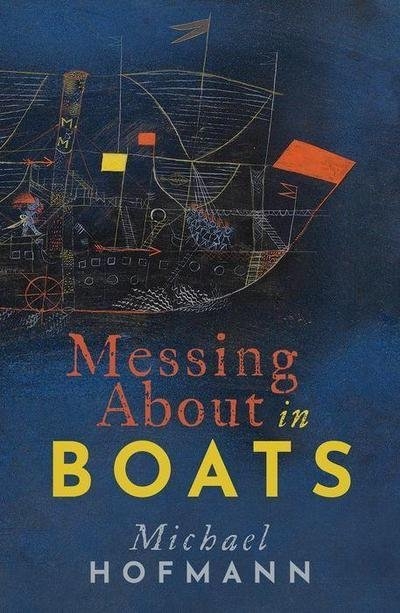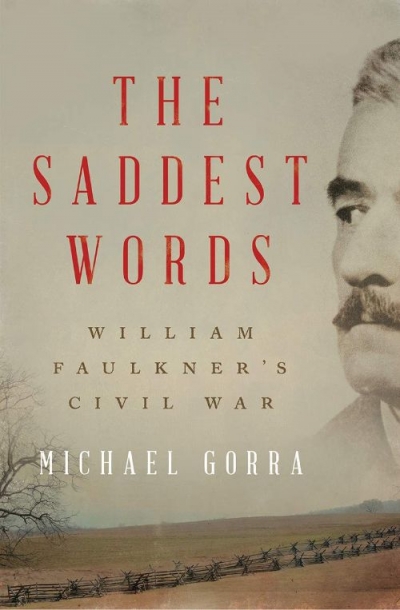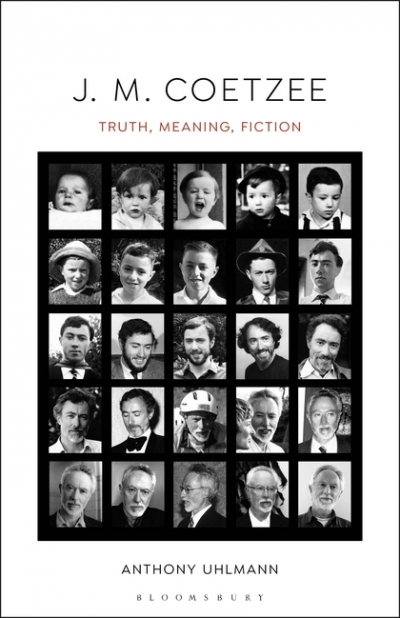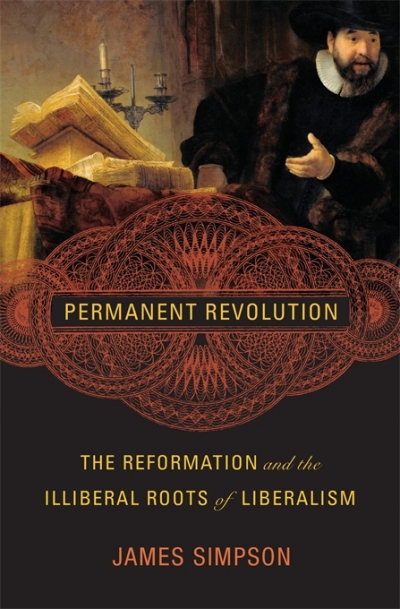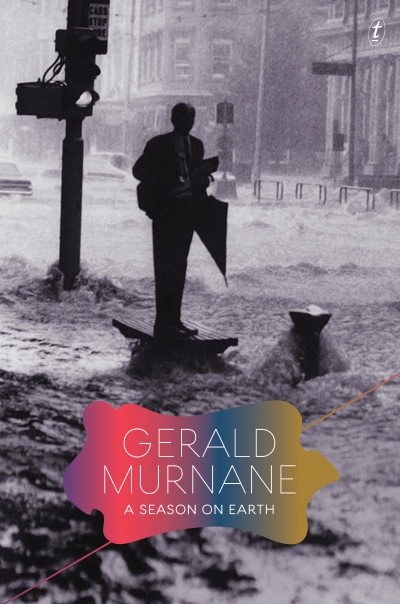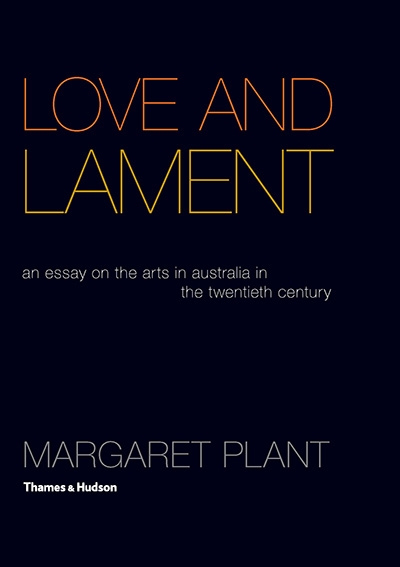Paul Giles

Paul Giles is Professor of English in the Institute for Humanities and Social Sciences at Australian Catholic University, Melbourne. His most recent book is Backgazing: Reverse time in modernist culture (OUP, 2019).
Ilan Stavans is a professor of Humanities at Amherst College in Massachusetts, a native of Mexico City who is now a distinguished scholar of Latin American and Hispanic cultures. Here he turns his outsider’s gaze on the large question ‘What is American Literature?’ to productive if rather erratic effect. This is a strange book, one that purports to achieve an Olympian overview of an establis ... (read more)
Nicolas Rothwell is perhaps best known as a critic of art and culture for The Australian, though he has also published several non-fiction books, one of which, Quicksilver, won a Prime Minister’s Literary Award in 2016. Red Heaven, subtitled a ‘fiction’, is only the second of Rothwell’s books not to be classified as non-fiction. Always straddling the boundary between different genres, Roth ... (read more)
Michael Hofmann’s Messing About in Boats is based on his 2019 Clarendon Lectures at Oxford. This series, rather like the Clark Lectures at Cambridge or the Charles Eliot Norton Lectures at Harvard, offers a distinguished literary practitioner the opportunity to address a particular theme in a short sequence of interlinked lectures. Given that the form of oral delivery tends to preclude extensive ... (read more)
André Gide, when asked who was the greatest French poet, is said to have replied ‘Victor Hugo, alas’, and many readers have responded in similar fashion to William Faulkner’s place in the history of the American novel. Werner Sollors, the eminent Harvard scholar of American Literature, unambiguously described Faulkner in 2003 as ‘ultimately the most significant American novelist of the [t ... (read more)
Though it is his second country of citizenship, Australia might be classified as J.M. Coetzee’s fourth country of residence. He was born in South Africa and served as an academic at the University of Cape Town from 1972 to 2000; he lived in England between 1962 and 1965, where he studied for an MA thesis on Ford Madox Ford and worked as a computer programmer; and he then spent seven years in the ... (read more)
The argument of James Simpson’s Permanent Revolution is that the emergence of liberalism as a cultural and political category in the sixteenth and seventeenth centuries was shaped by the ‘radically illiberal history of Protestantism’. Rather than adhering to the ‘triumphalist’ tradition of Whig historiography that regarded the Glorious Revolution of 1688 and its subsequent Bill of Rights ... (read more)
Ian McEwan’s new novel imagines an alternative history of England in the 1980s, one in which Argentina won the Falklands War and Margaret Thatcher was subsequently trounced at the polls. It also projects an alternative narrative of scientific progress, one in which the brilliant mathematician Alan Turing did not die in 1954, victimised because of his homosexuality, but instead lived on into a ... (read more)
A Season on Earth is the original version of Gerald Murnane’s second published novel, A Lifetime on Clouds, which appeared in 1976. The story behind this book’s publication is now well known, thanks to interviews Murnane has given and the author’s ‘foreword’ to this edition, where he relates how he reluctantly cut his manuscript in half to fit with Heinemann editor Edward Kynaston’s vi ... (read more)
Love and Lament offers a bracingly revisionist and upbeat account of how the arts flourished across a broad cultural spectrum in Australia over the course of the twentieth century. Margaret Plant, an emeritus professor of the visual arts at Monash University, argues explicitly with the thesis propounded by Keith Hancock, Donald Horne, and others that Australian cultural taste was ‘conservative a ... (read more)

